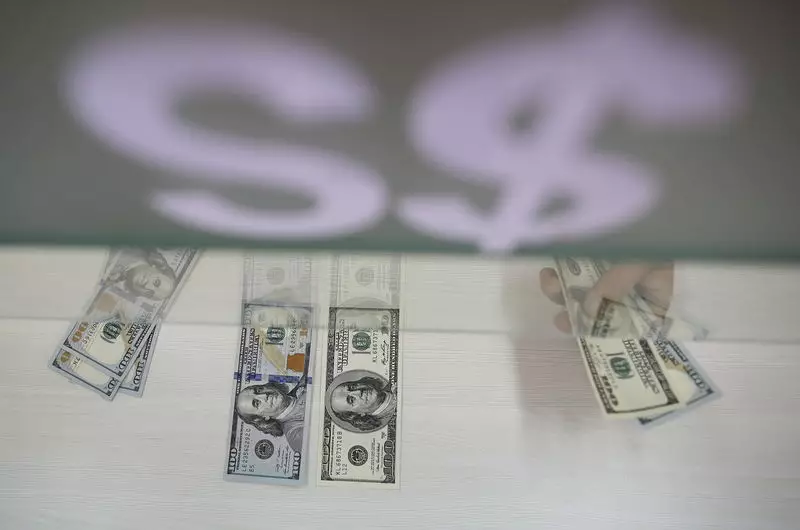As President-elect Donald Trump prepares to take office, his administration is set to embark on a agenda that promises to reshape the landscape for cryptocurrency companies in the United States. Sources familiar with Trump’s plans indicate that he will leverage his executive powers to alleviate regulatory constraints that have traditionally stifled innovation in the digital asset sector. This bold move reflects Trump’s earlier commitment to champion cryptocurrency, branding himself as a pro-crypto president during his campaign. The initiation of this strategy could commence with the formation of a new crypto advisory council designed to inform and guide government policies affecting the rapidly evolving cryptocurrency market.
Creating a crypto advisory council has been a topic of Trump’s discussions since July. The anticipated council, which could comprise up to 20 members, aims to create a collaborative framework between the government and the cryptocurrency industry. By bringing together experts and stakeholders, the council could facilitate a dialogue aimed at developing policies that foster growth and transparency within the sector, making it more attuned to the needs of innovators and investors alike.
One of the immediate proposed changes includes a directive to the Securities and Exchange Commission (SEC) to reconsider “SAB 121,” a regulatory guidance introduced in 2022 that has imposed significant compliance burdens on financial institutions and crypto exchanges holding digital assets. Critics argue that such regulations have forced many banks to withdraw from servicing cryptocurrency exchanges and businesses, thus impeding the overall market growth. Trump’s expected push for rescinding these burdensome guidelines indicates a clear strategy to alleviate constraints that have hindered banks from engaging with the crypto industry.
Moreover, Trump is reportedly poised to terminate “Operation Choke Point 2.0,” a term used by cryptocurrency executives to describe perceptions of a systematic effort by regulators to push crypto companies out of conventional banking services. Although bank regulators have denied these claims, the incoming administration’s refusal to adhere to such barriers reflects a commitment to reintegrating cryptocurrencies into the mainstream financial system, potentially paving the way for a more interoperable future for digital and traditional currencies.
The incoming changes stand in stark contrast to the regulatory framework established under President Joe Biden. The Biden administration has focused on strict regulations intended to mitigate risks related to fraud and money laundering, leading to numerous lawsuits against major exchanges such as Coinbase and Binance. Regulatory scrutiny has intensified following high-profile scandals involving figures like Sam Bankman-Fried, whose fraudulent activities marred the image of the cryptocurrency sector.
While some experts criticize the industry for its governance issues, Trump’s enthusiasts highlight the potential benefits of promoting more liberal regulatory approaches. By clearly positioning himself as a proponent of cryptocurrency, Trump aims not only to boost the industry but also to attract investment and foster job creation in a sector that presents enormous growth potential.
Beyond cryptocurrency regulation, Trump’s strategy will likely encompass a myriad of other topics with significant implications on American policy, from energy production to immigration reform. His administration has hinted at the issuance of numerous executive orders early in his term, each aiming to dismantle existing regulations that are seen as obstacles to economic prosperity.
The aim is to signal a newfound approach in governance that aligns with the dynamics of an ever-evolving global economy, particularly in sectors that encompass innovation and technology. As the crypto space continues to garner mainstream interest, the forthcoming administration’s decisions will be pivotal in shaping the regulatory environment and determining the future trajectory of cryptocurrencies in the United States.
Donald Trump’s anticipated executive moves mark a significant pivot in the United States’ approach to cryptocurrency regulation. By establishing a crypto advisory council and reconsidering burdensome regulations, the new administration is poised to redefine the interplay between innovation and regulation, galvanizing a potent arena where digital finance can flourish. This forthcoming transformation underscores a critical moment not only for the cryptocurrency industry but also for the future of financial technology in America.

